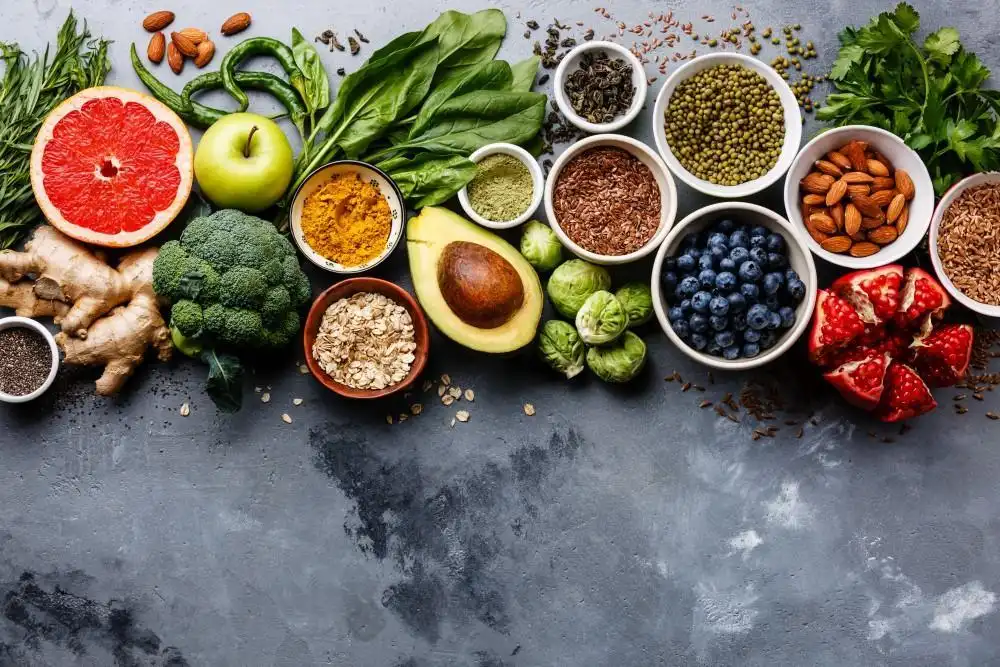Keto. Whole30. Atkins. South Beach. Paleo. Mediterranean. There are a lot of diets out there that say they promote a healthy lifestyle. Whether they cut carbs, processed foods, or something else, every diet maintains that it will both improve your physique and your general health. Despite this, many have their downsides. Some nutritionists and health experts have pushed back against diets that cut out entire food groups or key sources of nutrition.
With all this noise, how can you choose a diet when you’re just trying to lower your cholesterol? Many people face this dilemma. In fact, according to the CDC, 102 million Americans have cholesterol above a healthy level and an astounding 35 million have levels that put them at serious risk for heart disease.
If you’re worried about your cholesterol or want to become more active in managing your heart health, Phoenix Heart can be your guide. We were recently voted No. 1 in cardiology groups by Ranking Arizona magazine and we aim to set the bar in cardiological care. Our medical team of 14 doctors is dedicated to treating patients and their caregivers with the utmost respect, empathy, and professionalism.
If you think you need help with cholesterol issues, please come see us. In the meantime, our team has put together a guide to cholesterol — what it is, how it builds up, and which foods you can add to your diet to lower your cholesterol levels.
What’s so bad about cholesterol?
Cholesterol by itself is not bad. It’s a fatty and waxy element found in your blood. It helps build cells, grow proteins, digest fatty foods, and also produces vitamin D. Cholesterol is so important to bodily functions that your liver actually produces it on its own. Consuming a lot of fatty foods makes your liver produce too much cholesterol, which is where problems can occur.
When cholesterol builds up
When your liver produces more cholesterol than your body can use, the extra cholesterol starts to build up in your bloodstream, causing blockages in blood vessels and preventing proper blood flow. You may develop coronary artery disease, a form of heart disease, from these blockages. High cholesterol puts you at a higher risk for the following issues:
- Liver disease
- Peripheral artery disease
- High blood pressure, or hypertension
- Type II diabetes
Cholesterol deposits can also break off and form blood clots that can spur heart attacks or strokes.
A tale of two types
There are two kinds of cholesterol:
- Low-Density Lipoprotein (LDL) – the “bad” cholesterol that transports it through the bloodstream and directly causes buildups and blockages.
- High-Density Lipoprotein (HDL) – the “good” cholesterol that collects excess cholesterol and moves it to prevent blockages.
What to eat
A low cholesterol diet doesn’t have to be fat-free. In fact, eating foods filled with “good” fat can help spur increased HDL production.
Fish
Eating fish serves two benefits. Using it to replace red meat, which contains LDL-boosting trans-fats, swaps in healthier fat consumption. Many fatty fish are also high in LDL-lowering omega-3 fats. Omega-3 fats can also reduce your blood pressure and risk of developing blood clots.
Oats and other high-fiber foods
Oats, like oatmeal and oat bran contain soluble fiber that excels at reducing the amount of LDL that reaches your bloodstream. Look for soluble fiber in kidney beans, brussels sprouts, apples, and pears as well.
Avocados
Add some guacamole to your diet – avocados are rich in monounsaturated fats and fiber, which can lower LDL numbers while boosting HDL production. Avocado can also be used as a butter replacement when baking with only minor tweaks to your recipe.
Colorful fruits and veggies
Aim to create a plate that’s reminiscent of a rainbow – green, orange, red, and purple. Colorful fruits and vegetables are naturally cholesterol-free and low fat. Try to add berries, oranges, apples, yams, broccoli, spinach, and bell peppers.
Do you suspect that your cholesterol is too high or want to learn more about being heart-healthy? Phoenix Heart can help. Call or request an appointment at one of our six Arizona offices today.


